With Trump Gone, So Are the Old COVID Rules By Brian C. Joondeph
What a difference an election makes, one president leaves and a new one takes over, with COVID rules changing on a dime.
Search for "covid"
Site search returned 209 matches
Sort results by
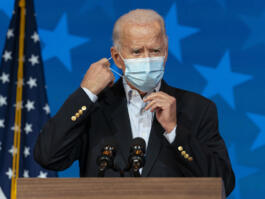
What a difference an election makes, one president leaves and a new one takes over, with COVID rules changing on a dime.
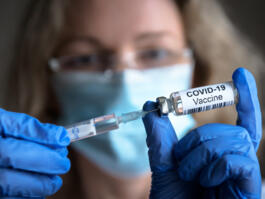
Most Americans believe the coronavirus vaccine will eventually contain the pandemic, but still expect to be required to wear masks in public for at least the next six months.
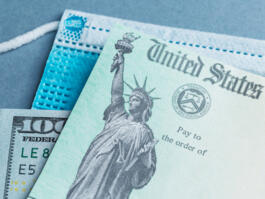
Congress and President Biden are wrangling over legislation that would send Americans another round of stimulus checks, and a majority of voters say a new round of stimulus checks is necessary to help the country recover from the COVID-19 pandemic.
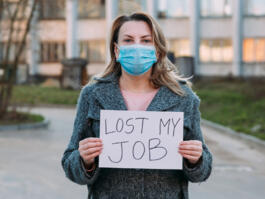
Despite the advent of vaccinations against COVID-19, a majority of Americans are very concerned about the financial impact of the pandemic.
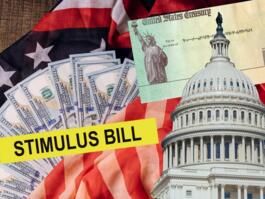
While Congress continues debating whether to send Americans as much as $2,000 in a second round of coronavirus stimulus payments, voters overwhelmingly say a new round of stimulus checks is necessary to help the country recover from the COVID-19 pandemic.
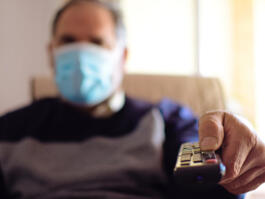
Americans remain generally positive about the media’s handling of the coronavirus pandemic and don’t think the risks of the disease have been overhyped.

Most Americans still consider Christmas one of our most important holidays, but with the COVID-19 lockdown, fewer say they plan to go to church this holiday season.
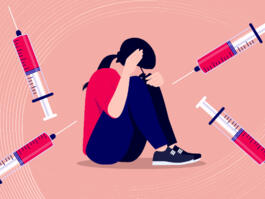
Americans are cautious about the new anti-coronavirus vaccine and slightly more reluctant to get one. Most also aren’t convinced that the vaccine will be administered fairly.
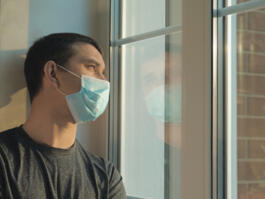
Concern about the coronavirus remains high among Americans, and most suspect that we will be wearing masks and living in lockdown for at least the next six months.
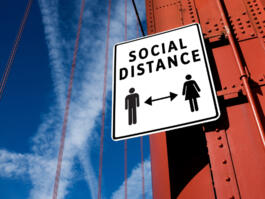
As positive COVID cases cross the 11 million mark in the United States, more Americans are now saying they or someone in their immediate family have gotten a positive test result. But even as these numbers climb, there has been little perceived change in how states are handling lockdown restrictions.
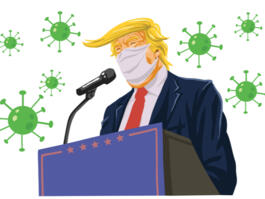
Voters strongly reject the idea of pushing back the election because of President Trump’s coronavirus diagnosis, with most saying the president’s illness will not influence their vote in any way.
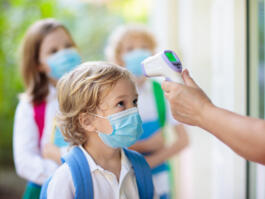
Just over half of Americans report that schools are open for in-person teaching where they live, and most parents in these communities are sending their kids back to school despite the lingering coronavirus threat. Perhaps in part that’s because parents question whether at-home learning is working.
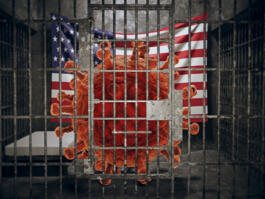
Politics continues to be a major defining factor when voters are asked about America’s response to the coronavirus. One-third of voters share U.S. Attorney General William Barr’s assessment that the resulting national lockdown is an unprecedented assault on civil liberties.
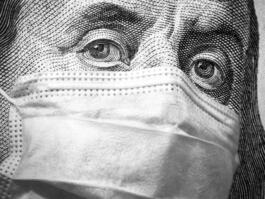
Despite the easing of the lockdown in many communities, concern about the coronavirus has changed little from earlier this summer. Most Americans worry more about the virus’ health impact than how it will hurt their pocketbooks.

Watch what people do, not what they say. Politicians who say one thing and do another are called hypocrites, but perhaps they have inside knowledge that the average person does not possess.
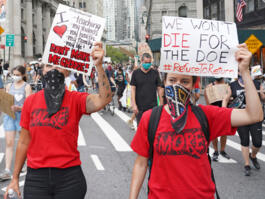
Most parents want their kids to go back to school in the fall, but teachers’ unions nationwide are fighting efforts to reopen. Americans, especially those with children, are now more critical of those unions and suspect that they have too much influence over local school operations.

Americans are closely divided over whether an anti-coronavirus vaccine is coming by the end of the year, but a sizable number are willing to be guinea pigs to get the job done. Most still say they’re likely to get the vaccine when it’s here but not as many as three months ago.
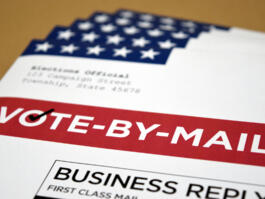
Support for mail-in voting is eroding amidst reports of problems and irregularities, but fewer voters are prepared to delay the upcoming presidential election because of the coronavirus.
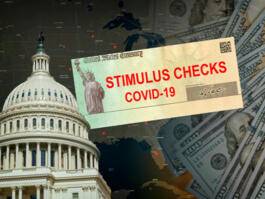
Most voters agree with Congress’ attempt to fashion another coronavirus stimulus package. But they worry that the plan will be loaded with unnecessary goodies because Congress is motivated primarily by political gain rather than what people really need.
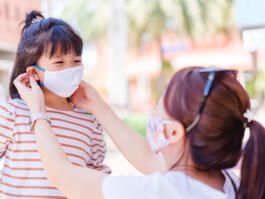
As the coronavirus lockdown loosens in many states, most parents of school-age children think schools should reopen this fall and say it will be bad for students if they do not.